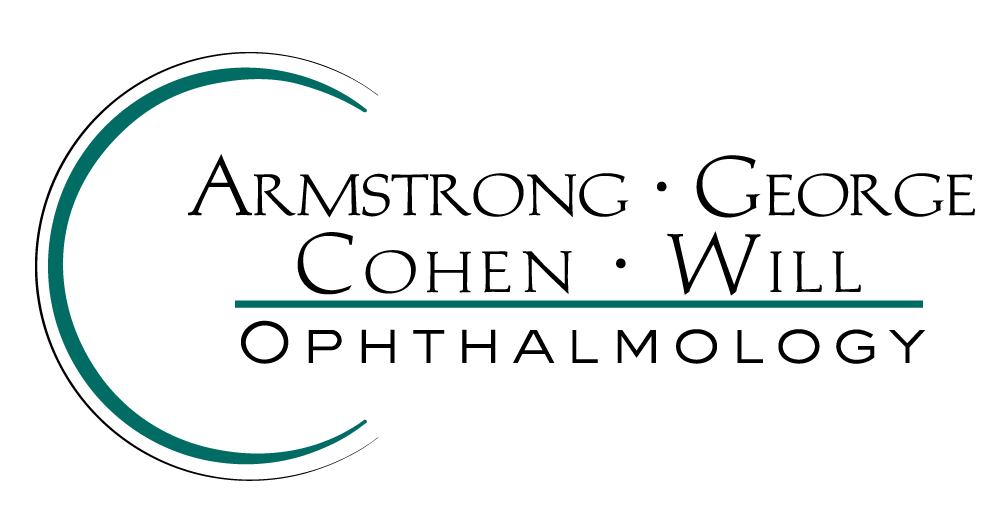Examination and Fitting
Contact lenses are a medical device, so a professional fitting by a Doctor of Optometry is necessary. The fitting begins with a comprehensive ocular examination which assures that your eyes are healthy and determines your prescription. Your optometrist then discusses the options available to correct your vision.
Myopia (nearsightedness), hyperopia (farsightedness), astigmatism (distorted vision) and even presbyopia (need for reading glasses) can all be successfully corrected by contact lenses. Most patients with these refractive errors are candidates for contact lens wear.
If trial disposable lenses are available in your prescription, the optometrist will insert them to check for fit, comfort and visual acuity. A follow-up appointment will be made for you in approximately two weeks to see how you are adjusting to your new contact lenses.
All contact lens wearers (full-time and part-time) should have an up-to-date pair of eyeglasses. If you are unable to wear your contacts due to eye irritation, infection etc., it is important to have a pair of glasses so you can see clearly.
Types of Lenses
Soft contact lenses are made of a hydro-gel polymer and are oxygen permeable. Since they contain up to 80% water, they are easy to adapt to and very comfortable to wear. These lenses are used by the majority of patients. Depending on your prescription and lifestyle, the optometrist may recommend soft contact lenses that are disposed of daily, weekly or monthly.
Toric soft contact lenses are designed for patients with astigmatism.
Bifocal soft contact lenses are designed for those over age 40 who need correction for both near and far vision.
Cosmetic and colored soft contact lenses are available in several shades for those who wish to change the color of their eyes.
Rigid gas permeable contact lenses are made of firmer plastic. Although there is a slightly longer adaptation period, many patients find that they offer crisper vision than soft contact lenses. Because rigid gas permeable lenses are more durable, they are replaced yearly.
Paragon CRT (Corneal Refractive Therapy) overnight contact lenses use specially designed oxygen-permeable lenses to reshape the cornea overnight, while sleeping. Patient simply remove the lenses when they wake up and can go through the day with clear vision. CRT lenses are a good option for swimmers, athletes, and patients who work or play in a dusty environment that irritates traditional contact lenses.
SynergEyes are a good choice for patients with kerataconus, corneal surgery or other cornea abnormalities. .SynergEyes combines the crisp vision of a rigid gas-permeable contact lens with the all-day comfort of a soft contact lens. They are more comfortable than traditional contacts, stay centered, and are less likely to become dislocated. High oxygen transmission and tear flow promote excellent eye health. The lenses are replaced every six months.
Scleral lenses are another option for those with kerataconus and cornea conditions. These larger, rigid contact lenses that are more comfortable because they are positioned above the cornea, not touching it.
We offer additional options for hard-to-fit patients with keratoconus, dry eyes and other ocular conditions. Your optometrist will discuss these options at your contact lens examination appointment.
Pricing and Insurance
A complete contact lens fitting costs $150 to $200, depending on your prescription and type of lenses selected by your optometrist. This includes the initial visit, teaching visit and follow-up appointment.
The cost of an annual contact lens examination for established Armstrong George Cohen Will Ophthalmology patients is $65. The initial examination for new patients who are current contact lens wearers is $80.
The prices of contact lenses vary as widely as the types of lenses available, ranging from $30 a box for disposable soft lenses to more than $80 for an individual gas permeable lens. The optometrist will discuss pricing with you when deciding which type of lenses to order.
Armstrong George Will Cohen Ophthalmology is committed to offering competitive prices for contact lenses. We inform patients about manufacturer discounts and rebates that may lower the cost of certain brands of contact lenses.
We participate in most insurance plans that cover contact lenses. Our contact lens technician will assist you in determining your insurance coverage eligibility.
Our prices are competitive with on-line contact lens websites!
- We apply any insurance discounts to your original pricing, before rebates.
- Many manufacturers offer rebates when you order 6-month or 12-month supplies. This is based on the manufacturer’s recommended replacement schedule. We will give you these rebate forms with your contacts.
- In addition, Armstrong George Cohen Will Ophthalmology offers a $5 a box discount when you order a 12-month supply of contacts. This is based on the manufacturer’s recommended replacement schedule. You may save up to $40 a year!
- We can mail your year’s supply of contacts directly to your home, with no shipping charge.



